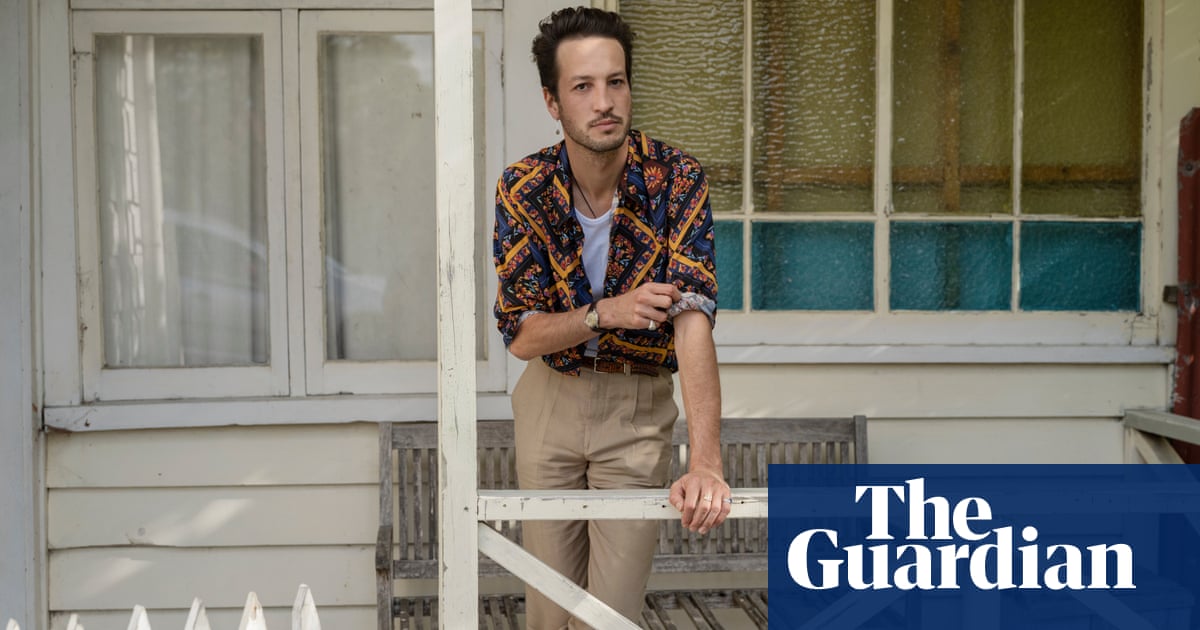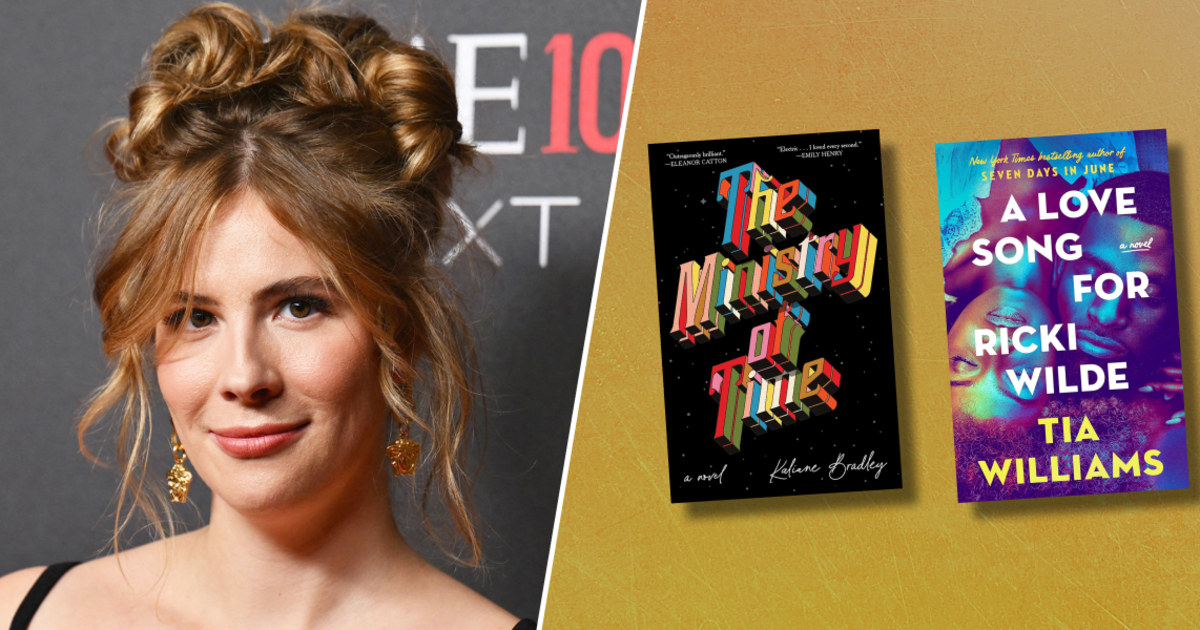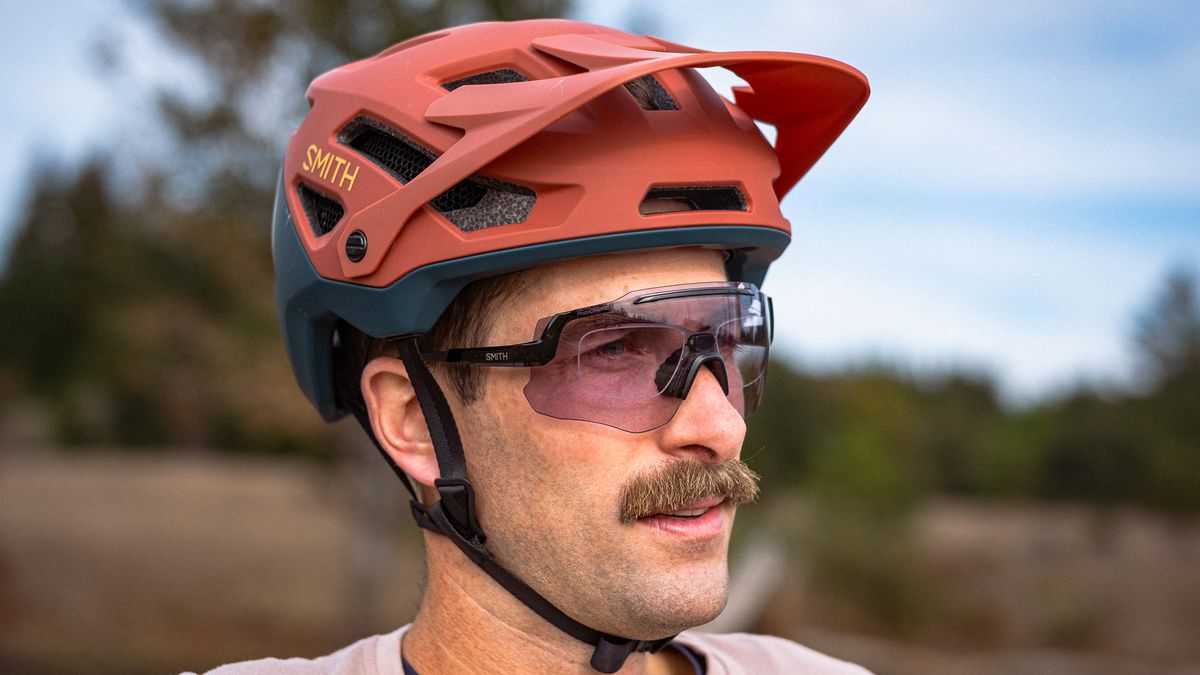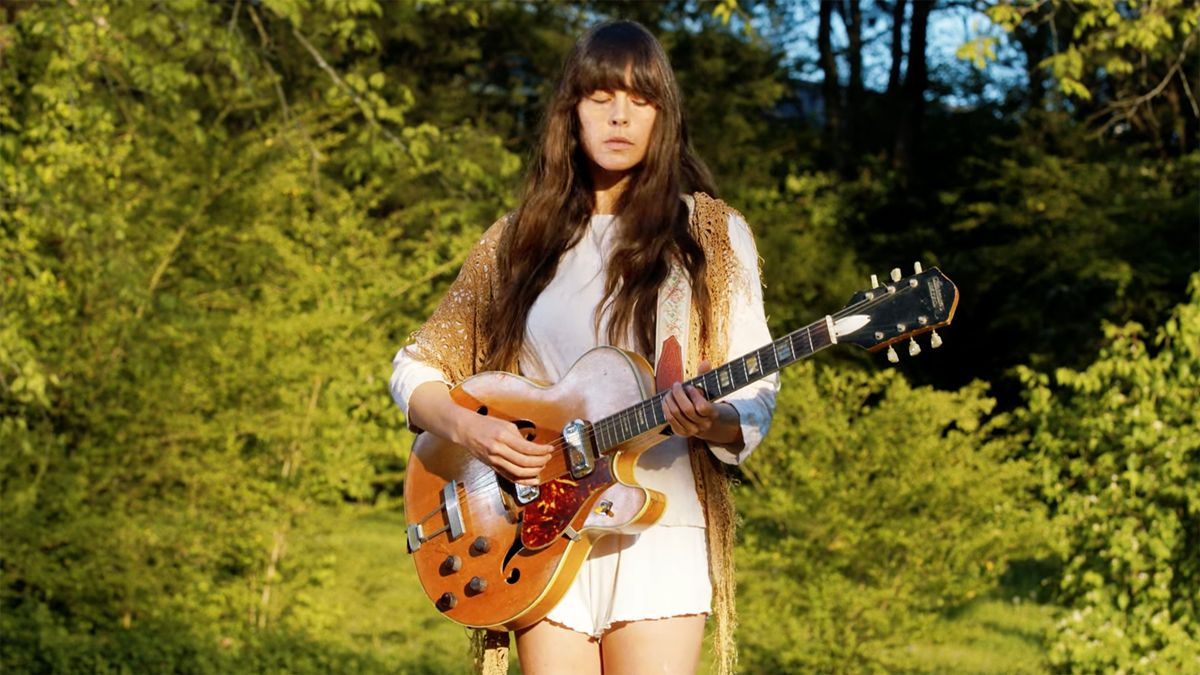
‘Music makes you fall in love with people’: Marlon Williams on his ‘Māori disco bop’
It’s appropriate that Marlon Williams is chilling in a rocking chair when we talk. The only furniture more suited to his heady and breezy third solo album, My Boy, would be a hammock. The title track is a perfect indication: a good-times radio hit, or “Māori disco bop” as Williams puts it, set to guitar played in Māori strum style (also known as jingajik, jungajuka and dumdejak, from which you no doubt get the idea). It’s a welcome salve after a few stagnant years, in which he – like most musicians – could not tour his last release. What’s more, it feels like a huge-hearted album.
“That makes me very happy,” Williams says, when I say so. “I wanted it to be concerned and loving, and keep the arms of the record open. I can’t help but write dark songs most of the time, so I set up the world around me to make sure I kept it upbeat.”
To this end, My Boy is adorned with trinkets such as an arpeggiated synth, a mellotron (beloved by XTC, the Bee Gees and the Beatles) and a tropical-tinged pedal steel, as well as the sort of expressive percussion that made The White Lotus soundtrack such a delight. You’re likely to hear kaleidoscopic notes of the Byrds and the Beatles, but also the arch pop confidence of Duran Duran and nods to Paul Simon and Elvis, all lovingly woven in among those Māori elements. (Williams is of Ngāi Tahu and Ngāi Tai descent and is planning an album of Māori-language music next.)
- Sign up for the fun stuff with our rundown of must-reads, pop culture and tips for the weekend, every Saturday morning
All of this is a big change for the artist known for murder ballads and country crooning – and it’s not the only change, either. When Covid hit, Williams moved home to Christchurch after living in Melbourne for years, and bought a house to live in with his father, also a musician. Now he’s looking forward to kitting the place out, having returned from an international tour with Lorde, playing castles and colosseums. Lorde was promoting her album Solar Power, which Williams describes as a love album about New Zealand, and he was finding himself pulled that way too.
“A lot of my record is about finding yourself back home where things are easygoing and there’s a beach within 100 miles of any spot,” he says. “It’s funny, because we both put out breakup records in 2018 and then put out sunny New Zealand records a few years later.”

Group singing has been central to Williams’ life. He likens it to a spiritual practice, “without the theory or having to worry about its tangential relationship to reality”. Upon first play of My Boy there’s every chance you’ll find yourself harmonising. You can almost hear the woosh of oxytocin.
“There’s nothing like it,” Williams says. “I first started singing in the choir when I was a kid and I thought, this is incredible, this is all that matters. Why is anyone doing anything else? Then I joined the cathedral choir and I got more into my Māori side, where sharing one voice is such an integral part of life. Pretty much every world I’ve delved into musically – country, bluegrass – has been based around harmony singing.”
Sign up to Saved for Later
Free weekly newsletter
Catch up on the fun stuff with Guardian Australia's culture and lifestyle rundown of pop culture, trends and tips
Privacy Notice: Newsletters may contain info about charities, online ads, and content funded by outside parties. For more information see our Privacy Policy. We use Google reCaptcha to protect our website and the Google Privacy Policy and Terms of Service apply.
When the pandemic hit, as researchers wrote in the Conversation, “One of the most encouraging phenomena we have begun to see in response to social distancing laws are the innovative ways that people are starting to bond with each other, particularly musically.” There were viral videos of neighbours singing together on their balconies in locked-down countries such as Italy, and people meeting up on Zoom to sing in groups. More recently, Brisbane’s Pub Choir swelled to 1,600 people, gathering to sing Kate Bush’s 1985 hit Running Up That Hill. The performance resonated globally and even prompted Bush to write them an emotional message.
“I think it’s exciting that we’re going back to the tribal elements of group singing because it’s clearly so vital to us,” Williams says. “Music therapy is only growing as a tool. It staves off dementia and does all these incredible things.”
For Williams, playing with other musicians provides a similar shortcut to intimacy. Even if the music is maudlin, harmonising feels like the weight of sadness is shared. “Being at the top of one bar and looking at someone and being like, I wonder if we’re gonna … and then yeah! There’s some semi-telepathic magic that happens and it’s just euphoric,” he says. “It’s an unfolding world that’s greater than the sum of its parts. It makes you fall in love with people.”

This time around, Williams left his usual band, the Yarra Benders, in Melbourne (though they’ll tour My Boy with him). The drawback of working with old friends is that they’ll predict what they think you want; instead, he recorded in New Zealand with a new crew.
“I wanted to be the new kid at school,” Williams says. “I wanted to be able to make up complete lies to these people and then try to hold it together until they found out the truth, just for the sake of being able to reinvent myself.”
There are many faces to Williams. He’s always had a penchant for making theatrical videos to accompany his singles. “I just love dreaming up stupid ideas,” he says. “Especially if they shift the context of the song and muddy the waters” and his side hustle as an actor has developed into a secondary career. Among his TV and film credits are A Star is Born, The Beautiful Lie, Sweet Tooth, True History of the Kelly Gang, Bad Behaviour and Lone Wolf. And on My Boy – on which he’s noticed an inadvertent theme of older brother mentor figures – he inhabits many characters and voices.
“There are a couple of personal pleas out to the world on the record, that’s for sure, but otherwise I’m posturing across most it,” he says. “A friend of mine hit me up about [single] Thinking of Nina the other day, and said, ‘You know life’s not actually like that?’ I said, ‘Yeah, I know. That guy’s an arsehole, I’m not that guy. Please don’t align me with him.’ Sometimes I fret about whether I need to be more explicit about that stuff.”
The album closes with Promises; a pathos-driven track that is very different in spirit and style to the rest. I’m curious as to why he chose to conclude in such a way.
“There’s an earnestness to that song,” Williams says. “It’s an out-and-out love song, and it was my way of presenting to the audience the idea that the record was made with love and there’s ultimately no cynicism here. Everything is allowed. It was a statement to the audience to say, ‘I’m with you in the trenches.’”
My Boy is out on 9 September (Dead Oceans). Marlon Williams is touring the US in September, then UK and Europe in October and November.


















:max_bytes(150000):strip_icc()/planting-pussy-willow-trees-for-spring-2130899_06-e2a22f7cae5648b68a87605fe34fdb2a.jpg?fit=1024%2C1024&ssl=1)

:max_bytes(150000):strip_icc()/RoomPainting-6dbc03c0dc124624b6cc5b2c74df192a.jpg?fit=1024%2C1024&ssl=1)
:max_bytes(150000):strip_icc()/vfynes_105948601_1394531404068820_9018174656579429489_n-e9b4de3881b941f1a4cad57311addf32-d84b23016f77417b86a9308f9155f282.jpg?fit=1024%2C1024&ssl=1)
:max_bytes(150000):strip_icc()/GettyImages-1415414240-06b9bbf2cc6a47739d340ca2106f0283.jpg?fit=1024%2C1024&ssl=1)









:max_bytes(150000):strip_icc()/Interior-Impressions-Rivertown-Remodel-Stillwater-MN-Condo-Flex-Room-White-Frame-Murphy-Bed-Shelving-On-Sides-1378e83d1403474b9b5aeb877b610378.jpeg?fit=300%2C300&ssl=1)




:max_bytes(150000):strip_icc()/fix-an-overfertilized-lawn-5221846-02-be8691ab919841c8adde53c57663ea4e-dad3ad372a104e529651b7d4731e1420.jpeg?w=768&ssl=1)



:max_bytes(150000):strip_icc()/planting-pussy-willow-trees-for-spring-2130899_06-e2a22f7cae5648b68a87605fe34fdb2a.jpg?w=768&ssl=1)




















:max_bytes(150000):strip_icc()/planting-pussy-willow-trees-for-spring-2130899_06-e2a22f7cae5648b68a87605fe34fdb2a.jpg?fit=300%2C300&ssl=1)





